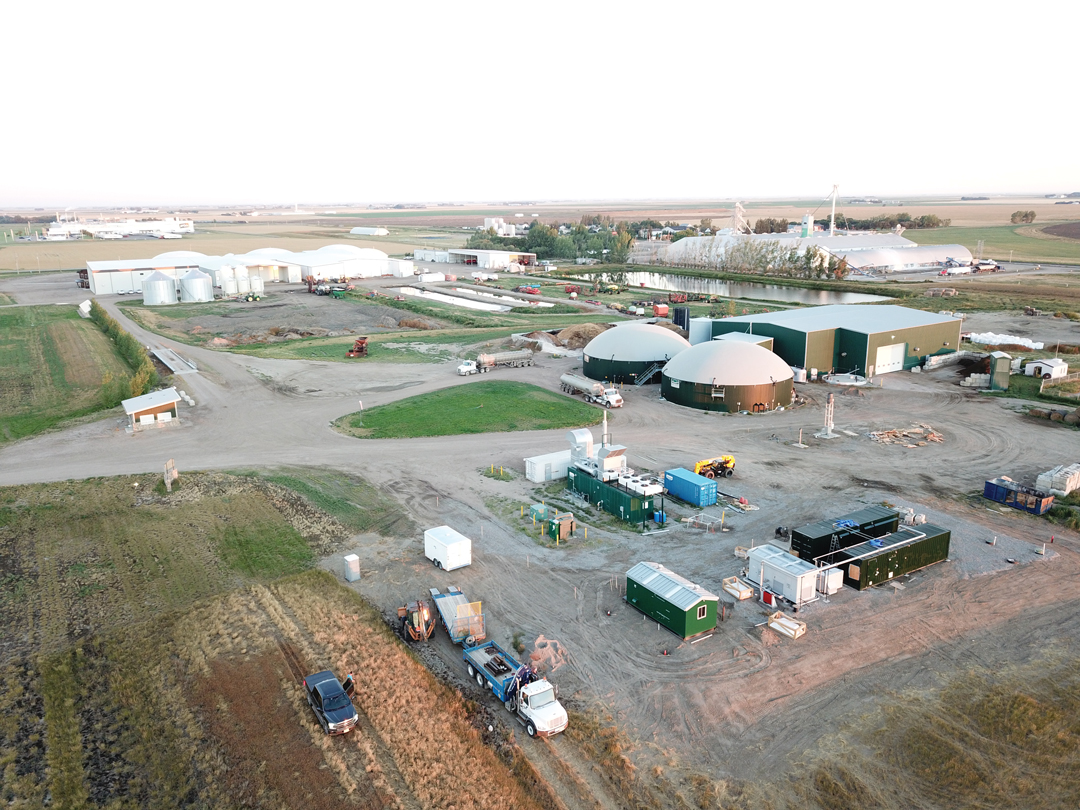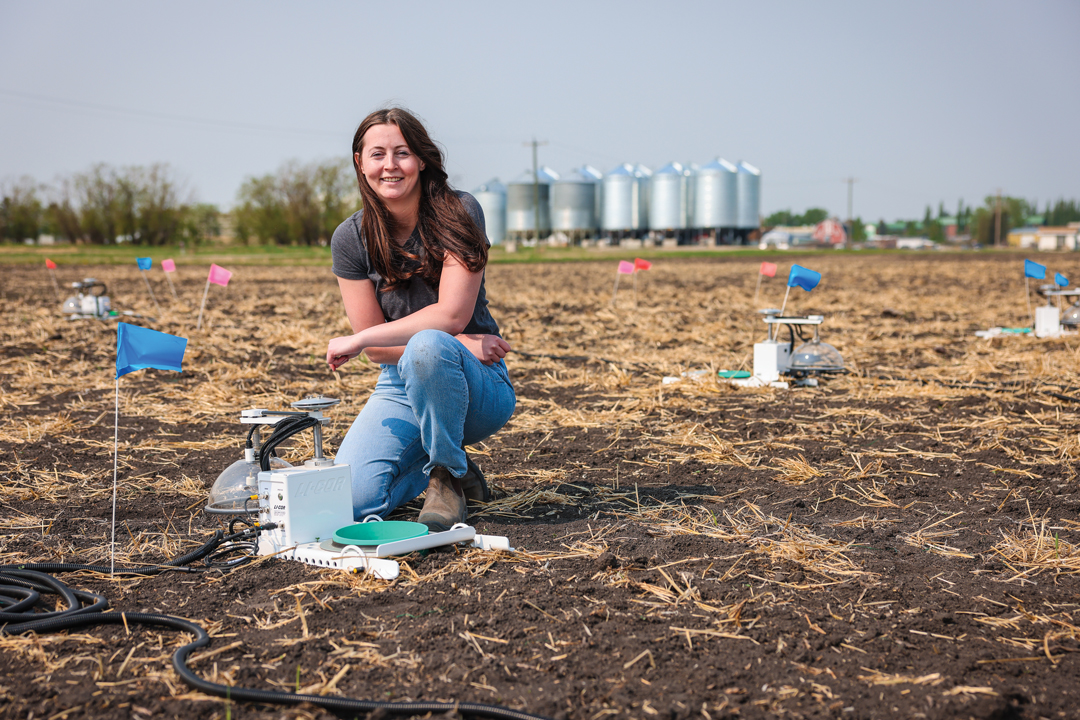TRADING ON FOOD SAFETY
BY SHANNON VANRAES
The Global Food Safety Initiative’s (GFSI) move to recognize the “rigour” of Canadian Grain Commission (CGC) programs will increase market access for Canadian grain companies in years to come, according to those in the industry.
Founded in 2000, the GFSI is a food security system operated by the Consumer Goods Forum. It now represents nearly 400 food retailers, manufacturers, service providers and other stakeholders from more than 70 countries.
“This means that they have better access to more markets—more buyers will be willing to buy from them because they have certification,” said Laura Anderson, former national manager of process verification and accreditation for the Commission. “I think it’s well-known that markets are becoming more sensitive and concerned about food safety globally.”
The Commission began developing Hazard Analysis Critical Control Point (HACCP) programs aimed at smaller grain handling operations as soon as the GFSI announced it would offer accreditation to government entities in 2016.
Anderson noted companies without the resources to employ food safety experts will particularly benefit from having Canadian safety programs recognized by the GFSI’s benchmarking process. In August of 2018, the Initiative announced both the Canadian Grain Commission HACCP (CGC HACCP) and the Canadian Identity Preserved Recognition System and HACCP (CIPRS HACCP) meet “internationally accepted, science-based standards in food safety management.”
Through the Commission’s voluntary grain safety certification programs, grain handling companies can request to have their grain safety and quality management systems assessed and certified. To obtain either CGC or CIPRS certification, a company must have effective grain safety processes that manage the risks associated with handling, storing, processing and shipping grains, oilseeds and pulses.
“We thought this was important because most HACCP-based food safety systems have been designed with food manufacturing in mind. So, they’re much more complicated processes than what you’d see in your typical grain handling facility,” said Anderson. “And the best way to manage and control food safety risk is by taking a preventative approach, and that’s what HACCP is all about. Trying to anticipate and minimize the risk.”
In a press release, Patti Miller, chief commissioner of the Canadian Grain Commission said, “programs that meet GFSI’s high standards … will allow certified companies to remain competitive in today’s global food market.”
While CGC programs had previously been recognized by the British Retail Consortium, Canadian grain companies often required additional documentation from the Commission to sell into foreign markets. Anderson said by achieving GFSI technical equivalence, the Commission is in a stronger position to help grain handlers meet both international regulatory and market-driven food safety demands.
“It’s just fabulous news that CGC has GFSI recognition,” said Trudy Heal, general manager of Regina, SK’s Avena Foods, which is partnered with Best Cooking Pulses Inc. “Customers purchasing products from companies with that certification will have far more confidence in their supplier.”
That will translate into easier access to more markets, and hopefully, increased profits for Canadian grain and pulse farmers and handlers, she added. “It’s actually very difficult to have market access unless you’ve got a GFSI compliant system in place,” said Heal.







Comments